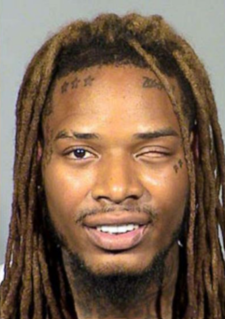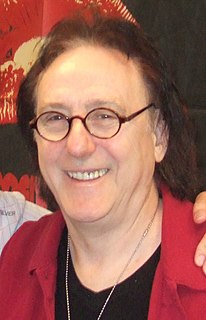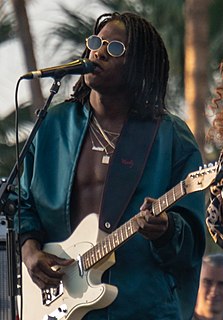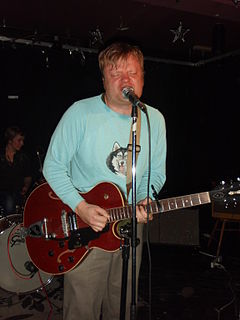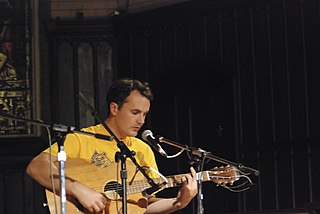A Quote by Michael Pitt
I think people can just make things now. It's kind of what happened with the music industry. Before, a band couldn't afford to go into a nice studio, or if they were going to go into a nice studio, they had to record twenty-five songs in two days. That's not a healthy workflow for anyone.
Related Quotes
There were two recording studios in Bellingham. One was really expensive, a "nice studio." We were at the point where we were young and irreverent. We would scoff at the idea of a nice studio. "Why would you want to go to a nice studio? Oh wow, they have really expensive gear. Ooh, that's really fancy. Well we've got an eight-track. We've got it going on here." Now that we have the resources, we're like, "Oh wow, a nice studio is pretty nice! They do have nice outboards here. It's actually a pretty good place." It's funny how much changes so quickly.
There's a lot of discussion about whether you should be a good live band or a good studio band. I think you can use the studio to make a great "studio record" and not necessarily have to reproduce exactly that on stage, but still be a great "live band." Having said that, if what you're going for is just the raw capture of your live sound, then that's cool, too - go for it! I enjoy working in the studio, though, and while I try to get near to an approximation of what's going on onstage, it's not my first priority usually.
Can't nobody do what Fetty Wap does. So when I go to the studio, it may be four to five hours max, probably three days out the week. I used to go to the studio for 10 to 15 hours, and I would do five to 10 songs. Now I go for four to five hours and I do, like, 15 to 20 songs. I'm an ad lib guy. Most people know me for my ad libs.
Most songs I write are spur-of-the-moment-type things. I have to be spontaneous. If not, songwriting can bore me. There is no pre-design or idea of what I am going to do when I go into the studio. It's all like that for me. I could go in and write two or three songs in an eight-hour session. You can't over-think songs. You just can't.
It's fantastic to strive towards a nice life where you eat nice organic food and your children go to a nice school and you can afford nice clothes and nice perfume and the hypoallergenic make-up. But there's never a day goes by, and I mean this from the bottom of my heart, that I don't think about where I'm from.
I call it "being interrupted by success." We had done The Soft Bulletin, which came out in 1999, and we knew we that were gonna make another record before too long. But in between this, we were still in this mode of kind of just - not re-creating what we could be, but kind of doing different things. For the longest time in the Flaming Lips we were like, "Make a record, go on tour. Come back, make another record," and you know, I think, frankly, we were kind of like, "There's more to life than just recording records and going on tour."
Everything has changed since I started recording in 1972. But the very things that have opened this industry, like the digital platforms to reach more people, have also killed things that were happening before in the recording studio. Now, most of the time, there are no real musicians in the studio; it's people with sequencers and things.
I think from age 13, 14, 15, I thought, yes, this rich studio produced music is the future, but it can't be the future to go run away into the recording studio. How can we take that kind of complexity and richness and make it possible for people to touch it and play it live. That's what hyperinstruments are.



